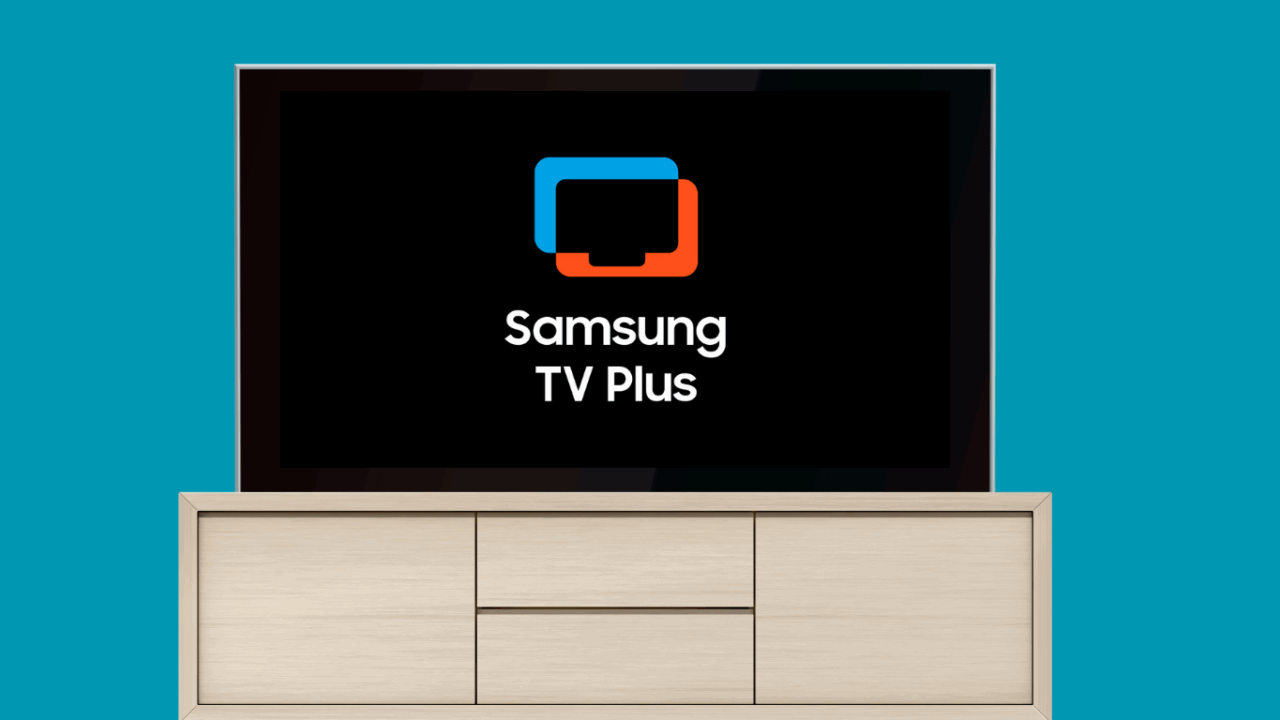Hyundai and Toyota Witness Surge in Gen Z Engagement at the New York Auto Show
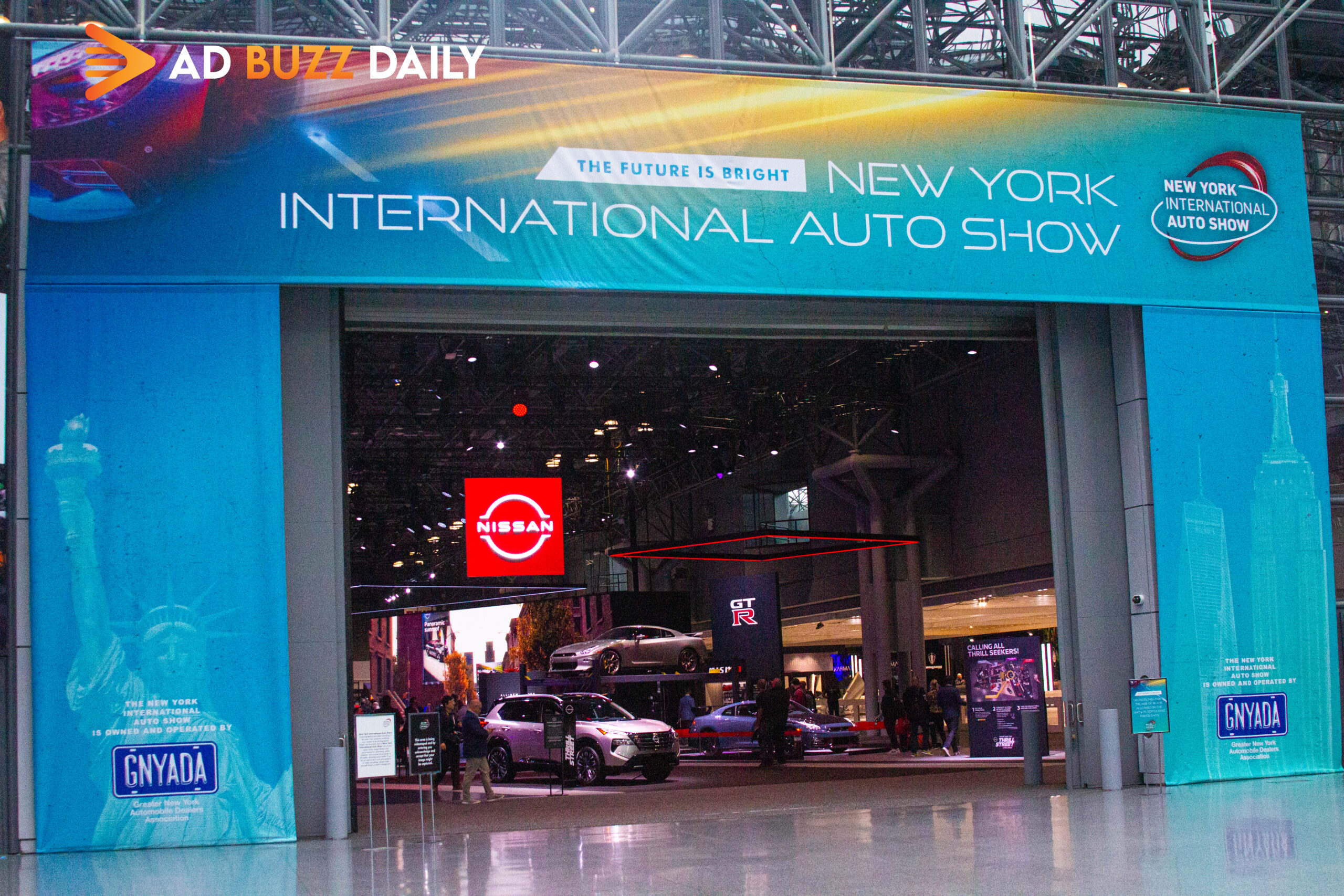
The New York International Auto Show took place at the Javits Center this week and it was a time for content creators and social media influencers to check out the new and upcoming vehicles from several brands.
Several influencers, including Maggie Clark, a lifestyle influencer and on-screen host, Andreina Toro, a travel influencer, Jenna Nikki, and others, attended the event. They shared their experiences and connected with auto brands to preview and test out a wide variety of vehicles, with content published on their TikTok accounts.
AdBuzzDaily was present at the event where we spoke with the creators. Clark, Toro, and Nikki unanimously expressed that their audience eagerly anticipates events like the New York Auto Show, desiring a front-row seat to witness all the activities.
Compared to previous years, the New York Auto Show was a completely different experience this time around, thanks to the significant increase in the number of creators present on media day. The atmosphere was electric, with a palpable buzz in the air. Countless auto brands took notice of this influx, and were eager to showcase their latest creations to the enthusiastic crowd of investors, partners, and creators alike.
In light of recent discussions with several auto brands, this year’s New York Auto Show trends are prominently centered around AI technology and the influence of social media personalities. However, one significant focal point emerges: the emergence of Gen Z drivers. With this demographic now taking the wheel and exploring the automotive landscape, particularly through social media channels, it prompts reflections on the implications.
At the New York Auto Show, auto brands Hyundai and Toyota commanded significant attention. Hyundai presented its array of electric vehicles and hosted an EV test track on the lower level of the Javits Center. Meanwhile, Toyota set up its track outside the center. Both brands shared a common feature: the presence of Gen Z content creators, who were on-site to experience and film their encounters with the vehicles.
Hyundai’s Approach to Gen Z: Authentic Education through Social Media Engagement
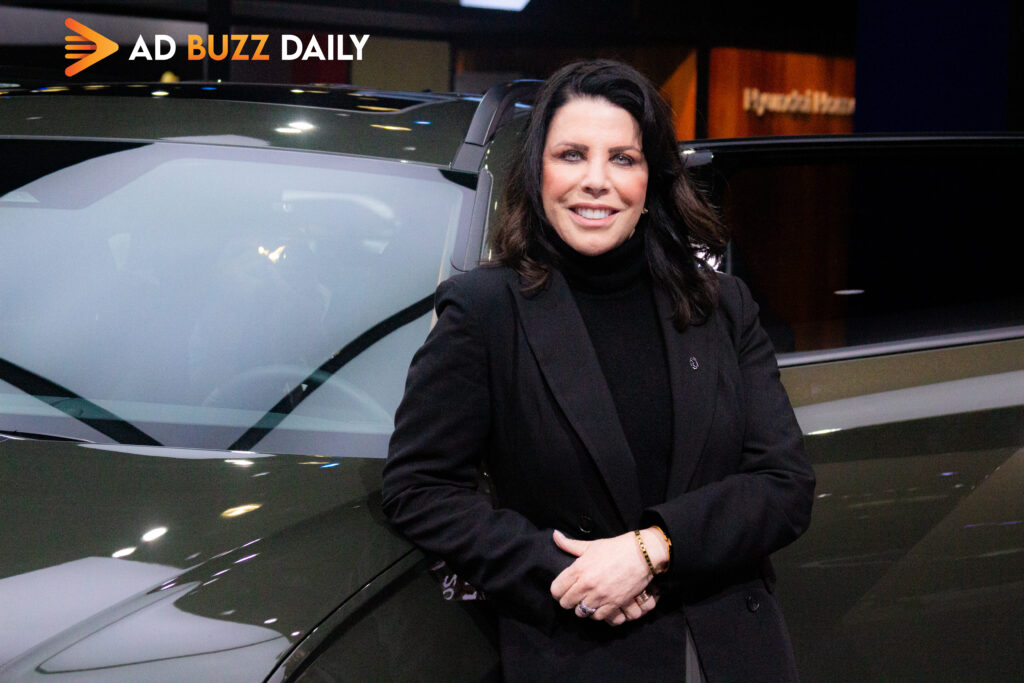
Hyundai’s CMO, Angela Zepeda, emphasizes the brand’s aim to authentically educate Gen Z about electric vehicles (EVs). They seek to connect with this demographic on a personal level through social media messaging and ad campaigns. Regarding their participation in auto shows, Hyundai values the opportunity for press announcements and showcasing their cars, recognizing the increasing interest from younger demographics, including millennials who are now transitioning into life stages where vehicle ownership is pertinent.
“I think there’s just a lot more disposable income. They have good paying jobs at this point. It took a little longer for millennials to get to this point. But I think we’re seeing that there’s this huge cohort that’s now finally coming into the stage of life where something like a vehicle is really important,” said Zepeda. “I think there is a resurgence of interest and education on what’s out there, what is available and how do they make the best choice. And because there are important questions to answer, affordability is one of the biggest right now. Interest rates are still relatively high and that makes a big impact on someone’s monthly payment.”
According to Zepeda, Hyundai utilizes tailored social media strategies for various platforms, each serving a distinct purpose. Facebook is utilized for shopping-oriented content, while Instagram is leveraged for brand storytelling. Despite their differing functions, both platforms play integral roles in Hyundai’s overall social media strategy, contributing to its expanding reach and engagement with increasingly involved audiences.
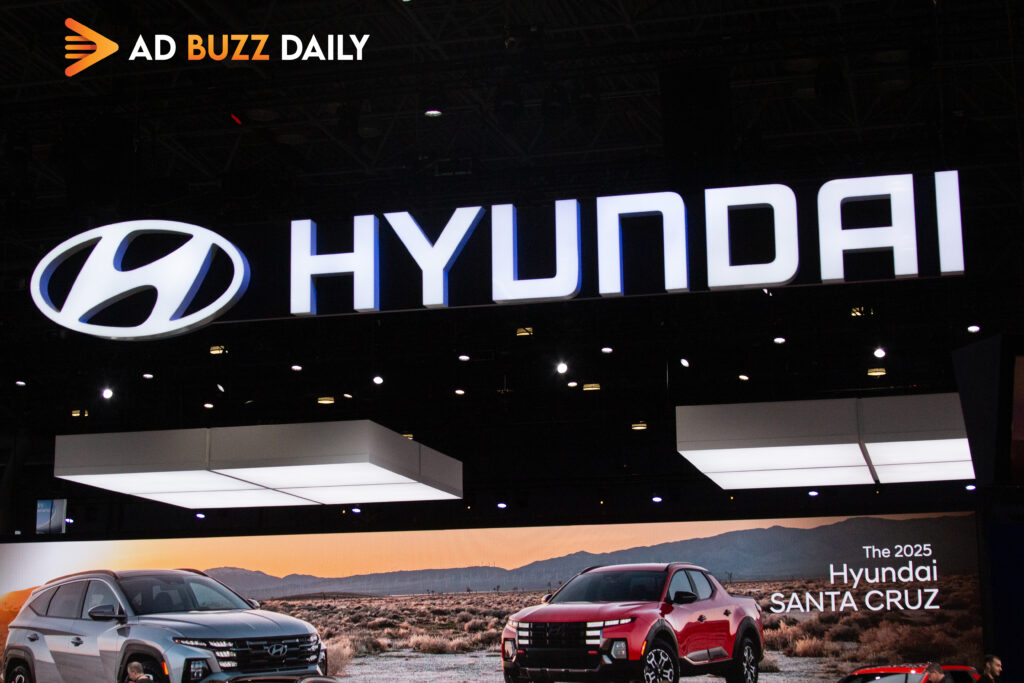
Hyundai’s approach to social media in regards to EVs involves addressing common questions and concerns. Topics such as driving in the rain and washing an electric vehicle are explored to dispel misconceptions and provide reassurance to potential customers.
“We have to sell the category (EV’s) and also sell our vehicles because people do have a lot of questions about ownership,” she said. “And that’s an important piece when it comes to actually buying one.”
By creating informative videos and posts on platforms like social media, Hyundai aims to make this information easily accessible to a younger audience, supplementing their knowledge about electric vehicles. In addition to showcasing their own vehicles, Hyundai prioritizes educating consumers about the broader electric vehicle landscape, emphasizing the importance of both product promotion and industry education.
A key factor in Hyundai’s engagement with its target audiences is its ability to connect authentically with content creators and influencers. Zepeda stressed that in today’s marketing landscape it is critical to engage content creators. Understanding their audience’s interests and needs can enable a content creator to produce engaging, relevant content that resonates with their followers. Zepeda also added that the brand does not jump on trend bandwagons as she listed the NFT craze as an example as she did not feel it would make sense for the brand to leverage as it would seem inauthentic.
“It really is about the particular audience it’s being built for. We appreciate content creators that are building the content for the people who are interested in what they’re building and where they’re putting that content. What we really look for is an authentic approach to how they’re actually bringing content to audiences because we felt that there’s a lot more engagement and then they become very good voices on our behalf on how to bring information forward to consumers,” she said.”
Toyota Navigating Gen Z Trends in the Social Media Landscape
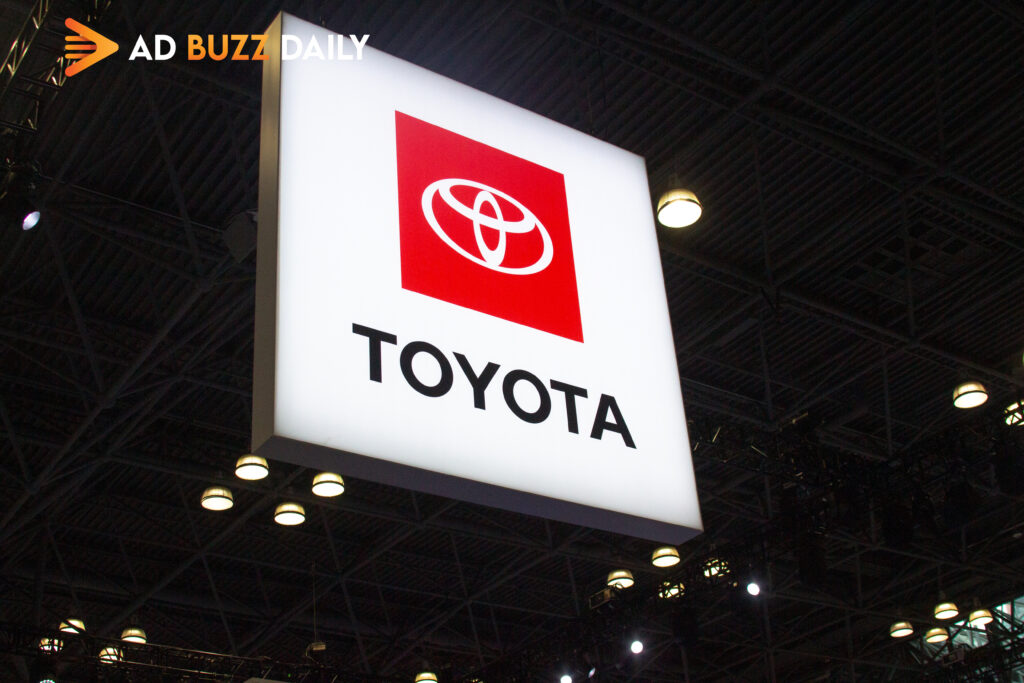
For Toyota, ensuring that it reaches Gen Z and the families within the segment has extended beyond traditional advertising campaigns to include a variety of other mediums as part of its strategic goal for this year.
“Gen Z is entering adulthood and will soon become the largest consumer group. Targeting Gen Z in ad campaigns and across different mediums is essential for Toyota to stay competitive, build brand affinity, and secure its position as a preferred choice among the next generation of car buyers,” said Tyler McBride, Senior Manager, Brand, Growth Audience and Cross Vehicle Lines, Toyota Motor North America
In McBride’s view, Gen Z trends, preferences, and behaviors change quickly. What’s popular today may be outdated in a few months. In this fragmented landscape on social media, it is imperative that marketing strategies are continually monitored, engaged with the audience, and flexible enough to adapt accordingly.
“Gen Z is bombarded with content from brands, influencers, friends, and entertainment sources on social media,” he said. “Standing out amidst this competition requires creativity, innovation, and a deep understanding of the audience’s interests and preferences.”
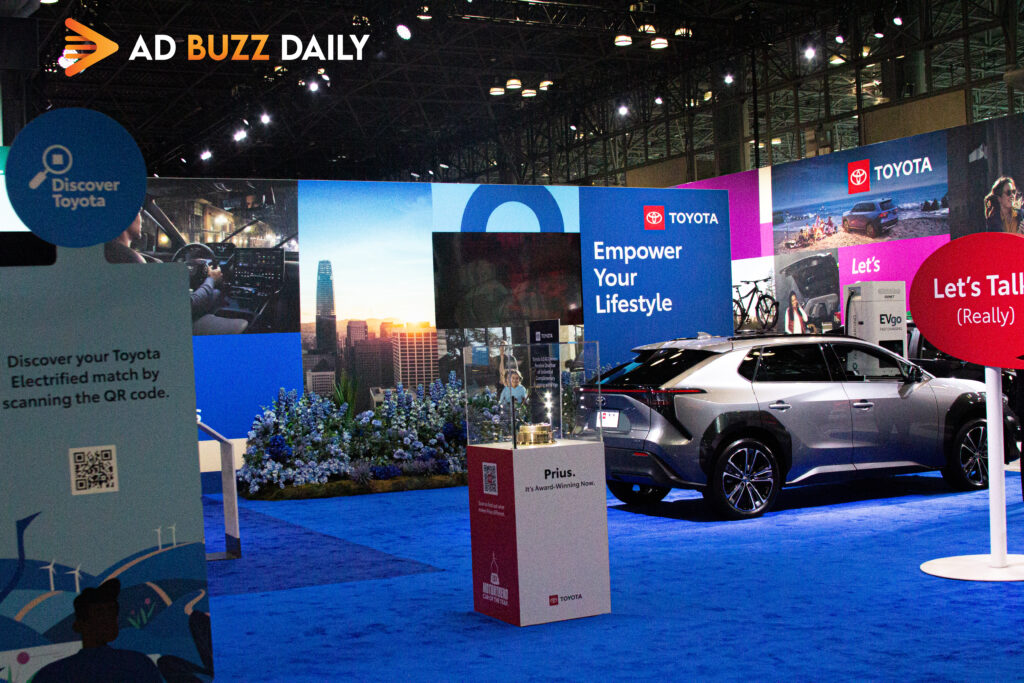
McBride said Gen Z, characterized as digital natives, is deeply immersed in online platforms, leveraging them for diverse purposes, including researching and learning about cars. Their car discovery journey often involves engaging with visual, interactive content and participating in online communities led by influencers across platforms such as YouTube, Instagram, TikTok, and Reddit.

